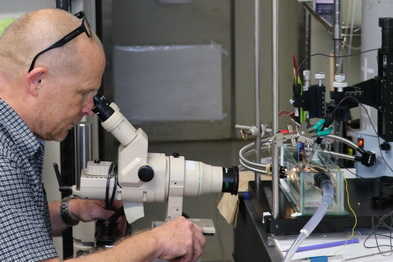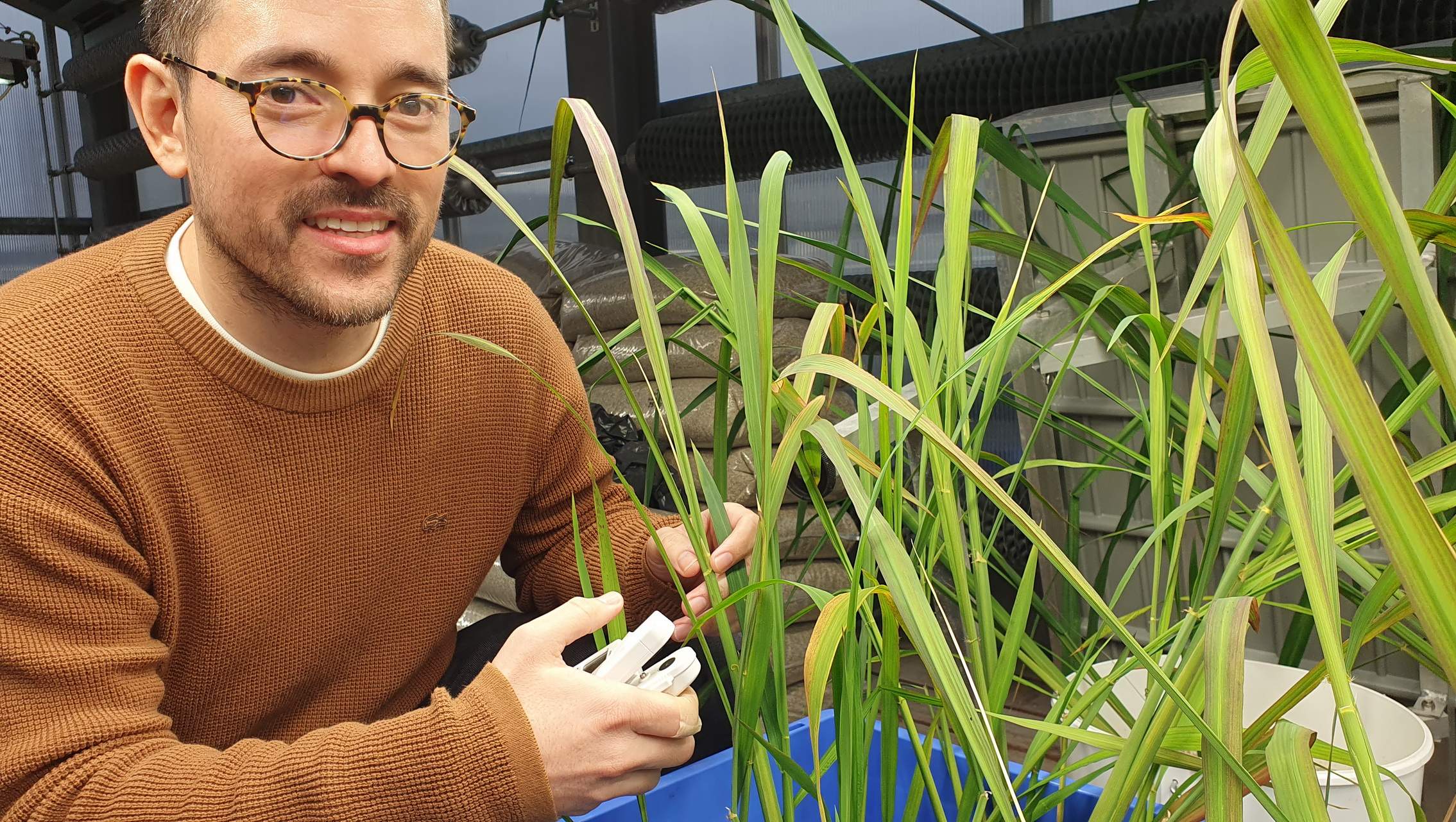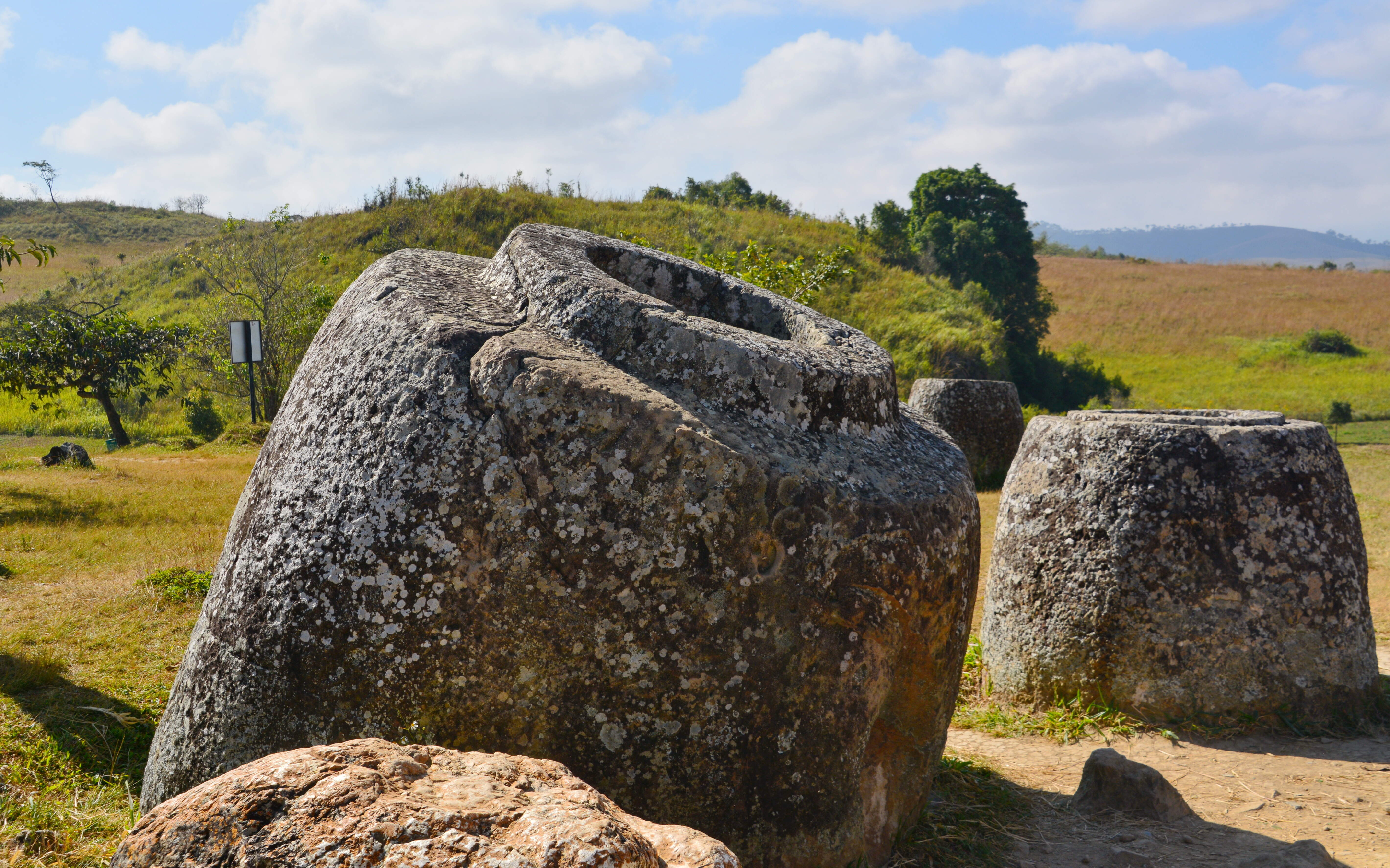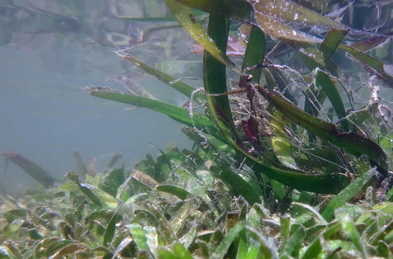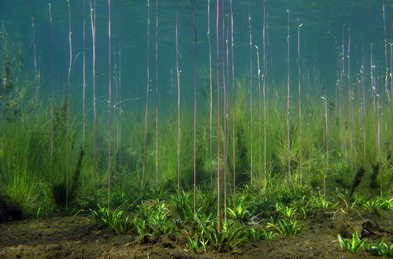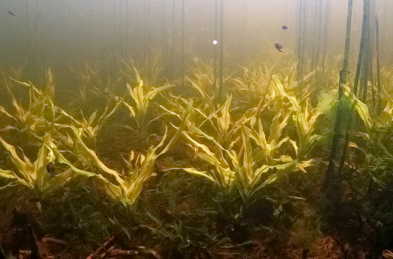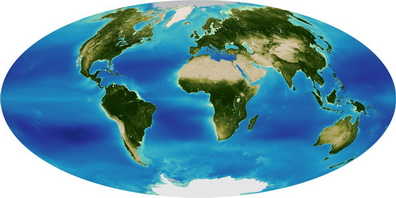I conduct research on various aspects of experimental plant eco-physiology, both under controlled laboratory conditions and in the field. My work includes submerged aquatic plants in freshwater systems, as well as seagrasses and macroalgae in seawater or brackish environments. Recently, I have expanded my research interests to include the flood tolerance of terrestrial wetland plants and even dryland species.
Much of my research is conducted in collaboration with international colleagues from Europe, Australia, and Japan - see collaborations for more details on some of the exciting ongoing projects.We currently have 12 MM DKK to work on "Climate-smart African rice" and 3 MM DKK to work on "Inducible barriers to radial O2 loss in plant roots".
National and International Collaborations
I regularly collaborate with colleagues at Danish universities and abroad. Visits to other labs are essential to my research, providing important sources of inspiration. Effective scientific leadership is closely tied to personality, and I continually seek strategies to enhance the working environment and improve the output of my lab. Below is a list of my key collaborators, along with brief presentations of our ongoing or past research. See more for exciting examples
People
Max Herzog, postdoc. Max is primarily afiliated with Climate-smart African rice. More...
Juan de la Cruz Jiménez, Marie Skłodowska-Curie postdoc. Juan works with root traits. More...
Zhiwei Song, PhD student. Song is going to work with salinity tolerance of wild rice. More...
Current research topics
Climate-smart African rice
This is a Danida-funded project where we aim at developing new climate-smart rice cultivars that are tolerant to flooding and salinity. Universities in the Philippines, Kenya and Tanzania are involved. More...
Nano ecology in Plain-of-jars
Hundreds of ancient jars in used in funeral ceremonies 3,000 y ago now support a diverse community of aquatic plants and animals. The Villum Foundation has granted a 2 y project to address fundamental ecological questions.
Flood tolerance of crops
Climate changes have already resulted in an increasing number of floods. Hence, there is a pertinent need to develop crops that are more flood tolerant in order to sustain the global food production. More…Eco-physiology of seagrasses
Globally, seagrasses colonize vast areas in the shallow coastal zone where they play essential roles as ecosystem engineers. In order to protect and also restored seagrass systems, more knowledge on their eco-physiology is required. More…
Flood tolerance of wetland plants
Wetland plants experience flood events on a regular basis and they possess unexplored traits that enable them to thrive in environments where floods occur on a regular basis or perhaps only once during their life cycle. More…
Ecology of lobelia lakes
The lobelia lake is the most common type of lake in Scandinavia but we only have few in Denmark. These lakes support a unique vegetation with many exciting adaptations to life in carbonate-poor waters. More…
Climate changes and brownification
Brownification of freshwaters is a growing problem in most temperate areas of the world. We do not yet know the mechanisms behind but these are likely related to climate changes, changes in land use and other anthropogenic activities. More…
Global and regional plant distribution
Precipitation, temperature and nutrients control the global distribution of terrestrial plants, but aquatic plants seem to follow different patterns. Water chemistry is important and novel analyses reveal exciting patterns of aquatic plant distribution. More…

